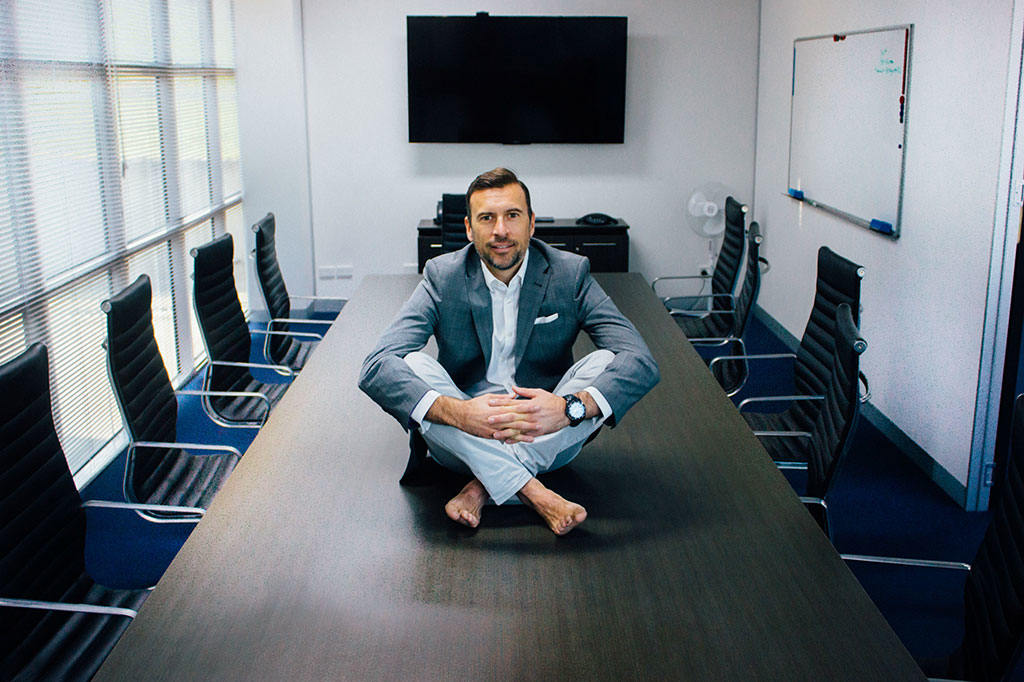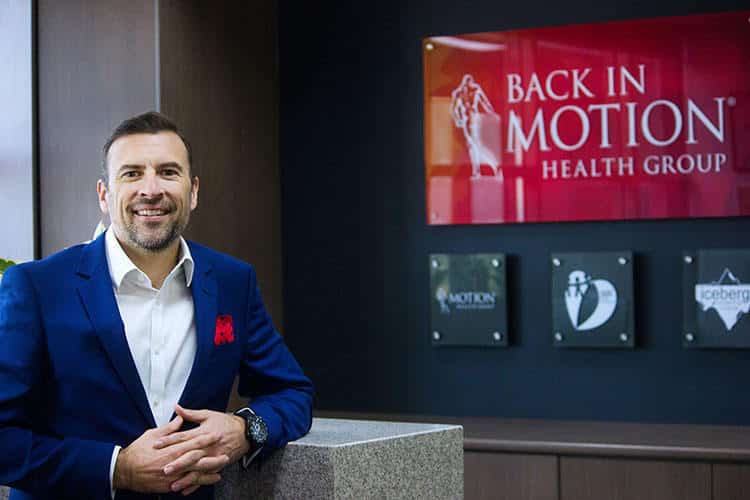Beware Workplace Titles

Organizations are nothing if they are not a collection of people organized to achieve great things together. This is at the heart of every company, brand, charity, school, government, and institution. Order, structure, and systemized workflow are expected attributes of a traditional high performing team. As cells of the organ, and working parts of the whole, we are hopeful for all this to produce synergy.
However, sadly this is not always realized. One plus one doesn’t often equal three. More likely, bureaucratic integration and over-management diminish us. We should more aptly be described as dis-organizations in some cases.
Learning from history.
Human and corporate history chronicles the myriad attempts we have made to optimise the talent of our people. Management theories, organisational structures, and corporate models have evolved (and at times, devolved) in pursuit of promoting the most productive and meaningful experiences for real people in actual workplaces. Well-documented and credible examples include traditional hierarchical models, flat organisations, de-centralised structures, inverted pyramids, hypertext organisations, matrix management, and virtual workplaces.
These business concepts and management approaches have some benefits. But the downsides are real too. Overly restrictive hierarchical organisational models are fast becoming obsolete because they are slow, disconnected, and void of creativity. People are starved for oxygen in these environments, forced into pigeon holes that limit their performance. Too often workers are prescribed a mandate that doesn’t quite compliment their skills, experience, aspirations and values. And people are often measured against outcomes that no individual can achieve in isolation. The result is diluted vision, fragmented strategy, disenfranchised staff, underwhelming client service, reduced effort, and indifferent results. Eventually, life and energy evaporate from the organisation.

Time for change.
Workplaces, and the chiefs who lead them, must become enablers of change. Organisations need to accept the world around them is evolving rapidly into some unchartered spheres of innovation. And the new dawn rises the moment we start to offer greater freedom to our people.
Successful brands like Zappos and Semco have forged a new way. Trading stability for the unknown, these organisations have deployed different strategies to achieve similar results.
Exemplars of Innovation.
Online retailer Zappos relied on the theory of Holacracy to drive innovation, dismantling their workplace titles. Ricardo Semler, of the aging Semco corporation in Brazil, turned his family enterprise into a revolutionary business success by eliminating unneeded layers of management and allowing employees unprecedented democracy in the workplace. He broke the rules in giving workers the freedom to choose their own roles, write their own policies, decide what they got paid, and bring fun back into the factory. Back In Motion, Australia and New Zealand’s largest physiotherapy franchise network, created ONEteam™ – a model for distributing authority across the entire team with fluid role profiles, achieving record performance in the process.
Whatever workplace model is preferred, beware the curse of authoritarianism that suffocates potential.
In the same way managers have relied on hierarchy to control workflow, prescriptive titles and static job descriptions are amongst those attributes to be most wary.

Beyond empowerment.
Workplace titles are just words. Words can carry enormous power, or, if misunderstood, be entirely powerless. Such labels risk setting up unnecessary elitism in your organisation – a form of corporate caste system. Titles are often ambiguous, incomplete, and self-limiting. They imply more often what people can’t do than what they should do. We needed greater possibilities released into our workplaces.
In a brave new approach, people must be empowered to have meaningful and dynamic work descriptions rather than a static title or position description. This creates white space for them to step into. An opportunity to create value. Send the invitation for them to write their own story in the context of the DNA and mission of the organisation they serve.
The holy grail is for each person to discover their best contribution. What does that look like, and will they be granted the freedom to invest it?
Doug Kilpatrick, author of Beyond Empowerment, warns against half-hearted, disingenuous attempts to give workers freedom. Unfortunately, bolting empowerment programs onto existing power structures only leads to the appearance of empowerment–without giving away any actual power. Going beyond empowerment implies people are granted the authorities to define their best contributions to the company from the very moment they join –regardless of the level of responsibility or complexity. In one of the world leaders in the food industry, The Morning Star Company of California, their staff are free to seek any needed resources and relationships on their own initiative. And they are held fully accountable for results by themselves, their colleagues and the organisation’s mission.
The experience at my own company has shown that dismantling unnecessary workplace titles and benign job descriptions creates a new freedom in our culture. People didn’t lose their identity – they gained much more. Colour and energy returned to the workplace when people were not defined by a bland word…but rather celebrated for their unique input.

Your choice.
Start a leadership revolution in your workplace. Exchange formal workplace designations in favour of fluid and dynamic role profiles that better match the organisation’s needs with the capabilities of their people. Right size every person and their teams to the challenges and obstacles in front of them. And stand in wonder at the palpable cultural up-thrust that is experienced when people realise their contribution is valued, necessary and effective.
Have you read?
The Most Powerful People In The World, 2018.
Top 20 Richest Sports Team Owners In The World, 2018.
India Rich List For 2018: Richest Indian Billionaires.
China Rich List For 2018: Richest Chinese Billionaires.
Richest Women In The United States For 2018: 55 Female Billionaires.
Bring the best of the CEOWORLD magazine's global journalism to audiences in the United States and around the world. - Add CEOWORLD magazine to your Google News feed.
Follow CEOWORLD magazine headlines on: Google News, LinkedIn, Twitter, and Facebook.
Copyright 2025 The CEOWORLD magazine. All rights reserved. This material (and any extract from it) must not be copied, redistributed or placed on any website, without CEOWORLD magazine' prior written consent. For media queries, please contact: info@ceoworld.biz








